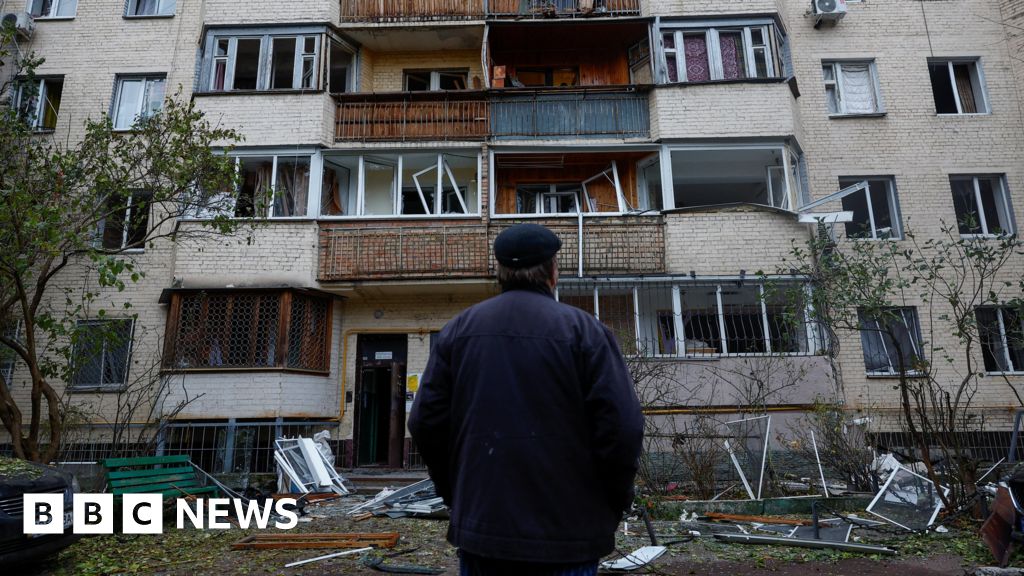The article discusses a plan by European leaders to use Russia’s frozen assets—valued at over €210 billion—to support Ukraine amidst its ongoing conflict with Russia. The proposal, termed a “compensation loan,” aims to transfer approximately €140 billion in frozen assets held by Euroclear to Ukraine for reconstruction efforts, which are estimated to cost over $486 billion.
Concerns about the legality and potential repercussions of this plan have caused hesitance, particularly from Belgium, which worries about the ramifications of a legal challenge from Russia. Russian officials have condemned the proposal, warning of severe consequences for the EU.
As US aid to Ukraine decreases, the EU is intensifying its efforts to provide support. Since spring 2024, the EU has used interest from frozen Russian assets to aid Ukraine, totaling up to €3 billion annually. The plan would require Ukraine to repay the funds after the war, relying on reparations from Russia—something that remains uncertain.
Some EU member states, like Poland and the Baltic nations, support the initiative, while others, such as Hungary, express skepticism due to potential risks to their economies. Additionally, there are debates about how the funds should be allocated, with differing opinions on whether they should prioritize military expenditures or broader recovery efforts.
Ultimately, if EU leaders approve the plan, the European Commission will draft a formal proposal, although legal and financial stability concerns persist.
Source link


